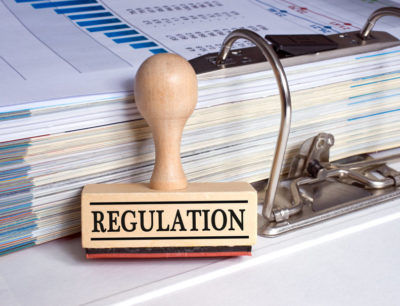South Korean members of parliament have managed to overturn the government’s bid for crypto tax. The tax will now be delayed until 2023. This ends a long saga that pitted lawmakers against President Moon-Jae’s large crypto-skeptic administration.
The National Assembly revealed on December 3 that it had approved a delay to the controversial tax in a vote that was held on December 2. MPs had backed a private member’s bill that called for an amendment to the proposed tax law, ultimately defying the government and taking matters into their own hands.
The Sisa Journal explained that the bill has pushed the “effective date of taxation” by “one year from January 1, 2022, to January 1, 2023.” But “actual tax payments,” will not “begin until May 2024.”
There was another Christmas miracle in store for South Korean crypto users: MPs have said that they would use next year to discuss allowing traders to make carryover deductions on their tax bills. As well as this, Mps will consider raising the threshold for tax payment from the existing rate of $2,100 a year. Some MPs are keen to create parity with stock trading taxation regulations.
According to South Korean blockchain consultant, Mira Kim:
“I can tell you that there will be quite a few very happy crypto traders celebrating this news over the weekend throughout the country.”
Oh Gap-Su, President of the Korea Blockchain Association, remarked, ““We welcome the [National Assembly’s] postponement of the implementation of taxation on crypto assets. As the grace period has been extended, we will do our best to establish a stable system, cooperate with tax policy and contribute to national economic development.” This was according to the Sisa journal.
The Sisa journal had no lack of commenters, with one rather ironic comment saying, ““Mr. Moon doesn’t know what to do about this issue, so he has decided to let the next administration deal with the problem [of crypto].”
The tax has been a much debated topic with South Korean MPs aware of the bill’s unpopularity. This is especially the case amongst young voters, who make up the majority of South Korea’s crypto users.
The government was faced with a wave of criticism after the tax was approved. Petitions calling for the tax to be scrapped were sent to the presidential office and MPs were bombarded with a number of amendments aimed at tweaking the tax.












